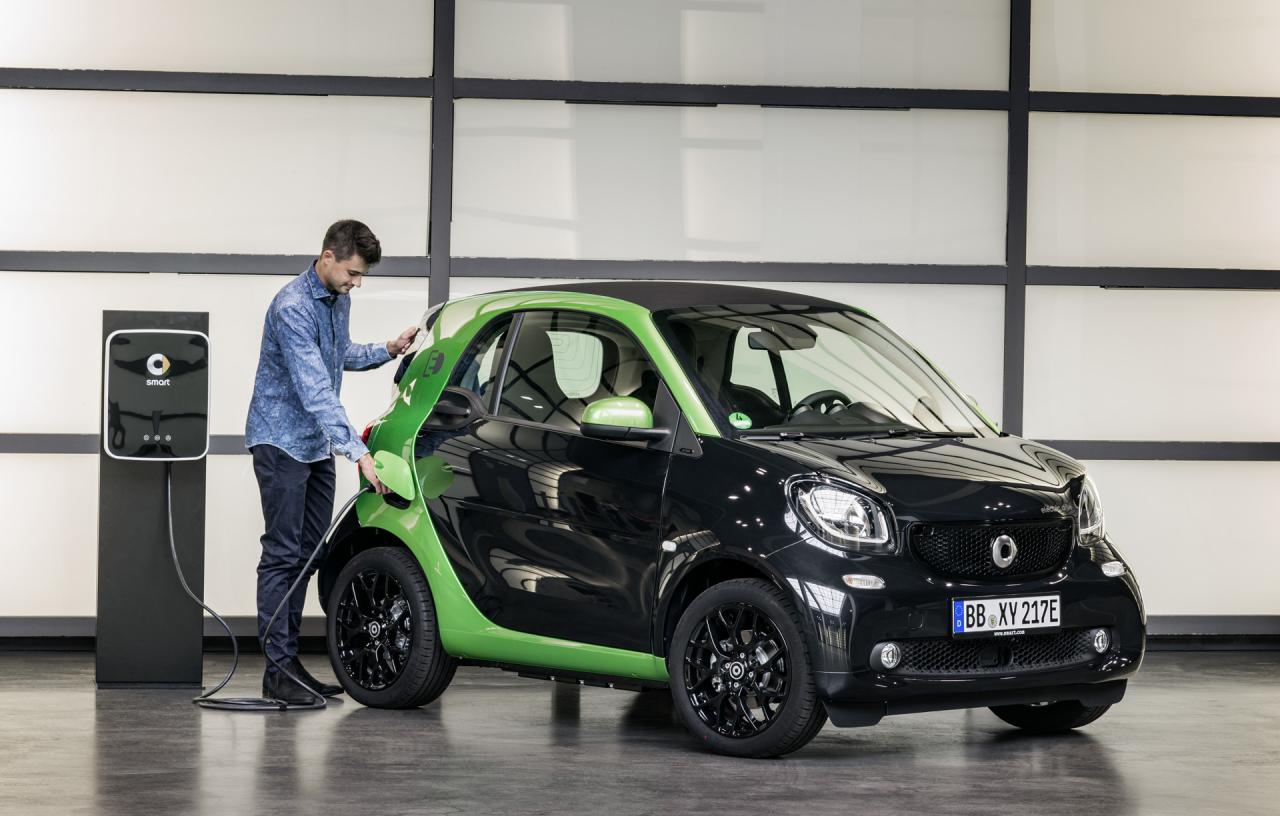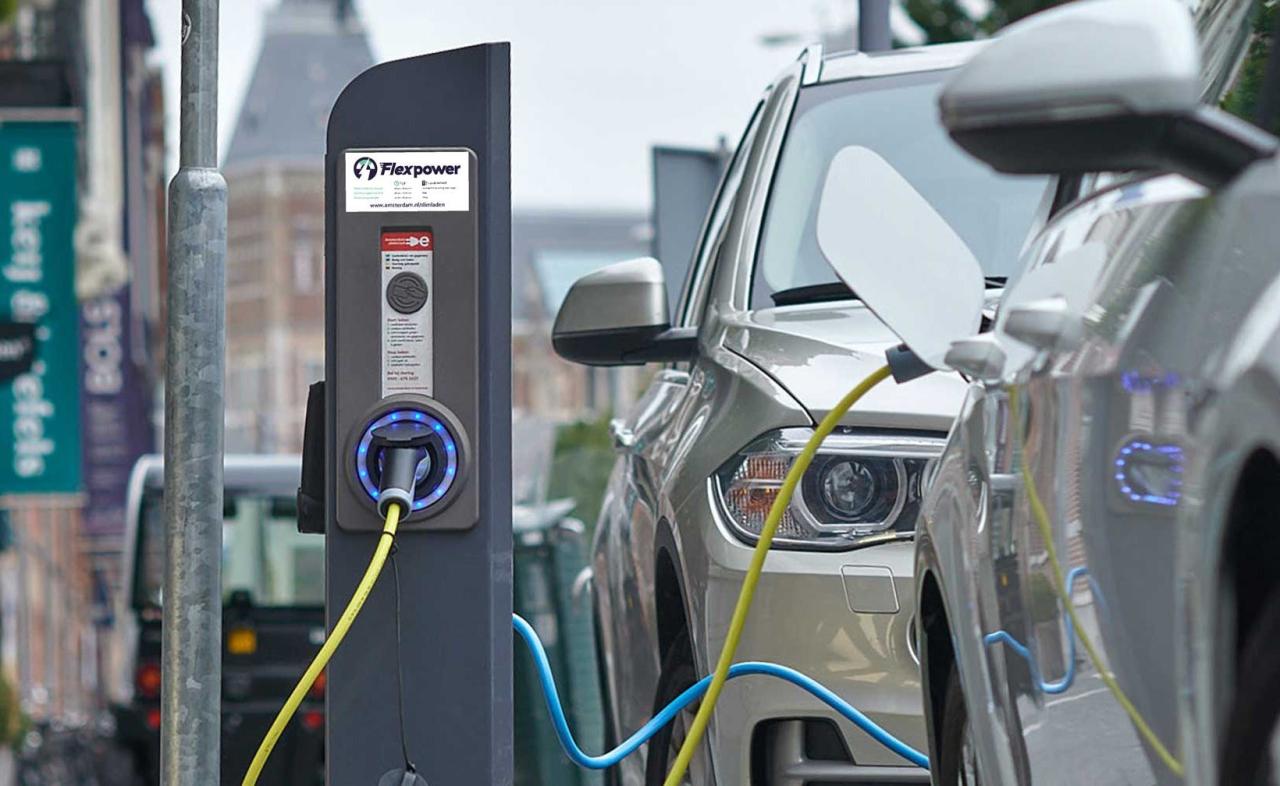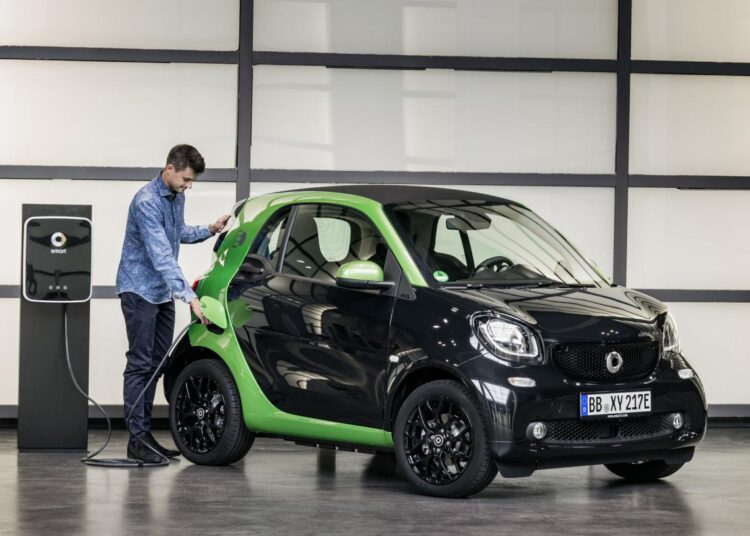
The motoring universe has experienced a shift in paradigm in the last decade. Intelligent electric automobiles are no longer fantasies—they’re the future. Combining clean electric energy with smart technologies, these cars are revolutionizing the way of driving, traveling, and communication. Here, we talk about the most significant advancements behind intelligent EVs, their growing prominence in society, and why they’re leading the transport revolution.
1. Why Electric Vehicles are Smart
Leading these is that electric vehicles use electricity instead of fossil fuels, so they emit less and are kinder to the planet. But it is only one of several reasons they are “smart.” They possess digital and autonomous technology such as:
- AI-Based Navigation: Real-time forward-looking traffic and dynamic routing.
- Autonomous Driving Technologies: Auto-brake, lane centering, and even full autonomous driving.
- Remote Diagnostics & Updates: Service alerts and over-the-air software updates.
- Smart Energy Management: Suggestions to drive efficiently and intelligent battery health.
All of these combined form an uninterrupted, secure, and efficient drive.
2. The Emergence of Smart EVs in Urban Life
With the change in the character of cities, smart electric vehicles are taking center stage to urbanize life with intelligence and sustainability. They help with:
- More Air Purities: Zero emissions from the tailpipe significantly enhance air purity.
- Reduced Noise Pollution: There is no noise from the motors, resulting in healthy urbanization.
- Enhanced Traffic Flow: Smarts communicate with infrastructure and other cars to move easily.
And these technologies render smart EVs a must-have, rather than an option, in the future smart city.

3. Players in Smart EV Space
Visionaries in the space geographically:
- Tesla – Visionary for full self-driving technology as well as battery technology.
- BYD – Pioneering electric car production and global expansion.
- Lucid Motors – Introducing luxury EVs with next-generation technology.
- NIO – Revolutionizing battery swap technology and AI-powered in-car experience.
All these competitors are rewriting the rules, redefining textbooks on performance, brain power, and design.
4. Role of AI and Connectivity
In addition to this, IoT and artificial intelligence are driving the intelligent EV revolution. The cars collect information to learn and improve more.
- Driver Behavior Analysis: Customized recommendations for enhanced safety and efficiency.
- Predictive Maintenance: Scheduling mechanical fault corrections in advance before they occur.
- Vehicle-to-Everything (V2X): Vehicle-to-vehicle, vehicle-to-infrastructure, and vehicle-to-pedestrian communication for pre-emptive safety.
These technologies make EVs intelligent platforms that learn and become smart within a time frame and take the overall driving experience to a higher level.
5. Opportunities and Challenges
All of that notwithstanding, smart EVs do present some challenges:
- Charging Infrastructure: Rapid-charging networks are being installed around the world.
- Battery Sustainability: Durable, recyclable battery materials remain a requirement.
- Cybersecurity Threats: With increasingly more connected cars being deployed, they must be shielded from cyber attacks.
Challenges are fewer than opportunities with government subsidies, green investment, and innovation.
Overall, smart electric vehicles are not just technology — they’re a revolution in how we think about cars, electricity, and the world. As we move toward a cleaner and more connected world, smart EVs will be leading the charge, not just revolutionizing how we drive, but how we live.









